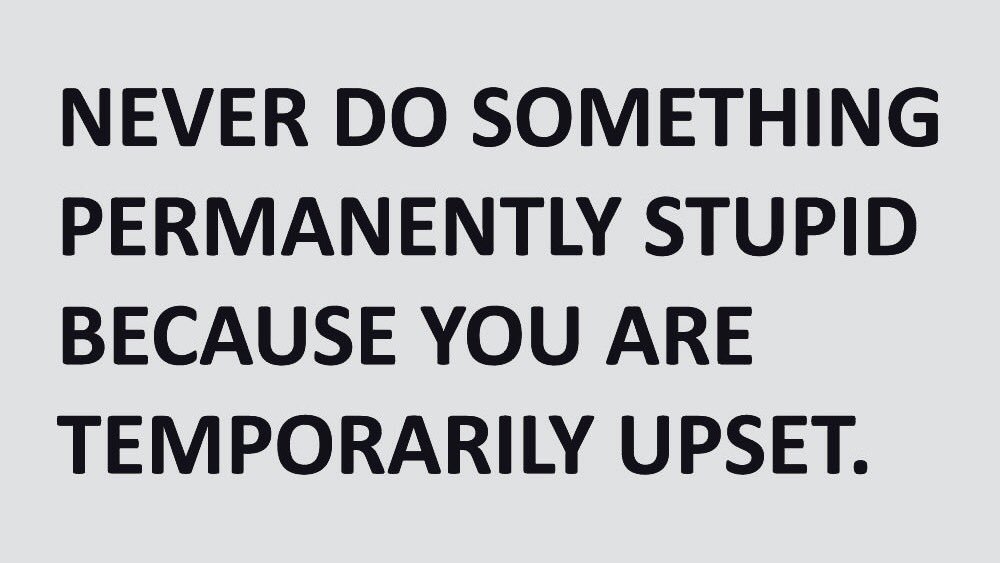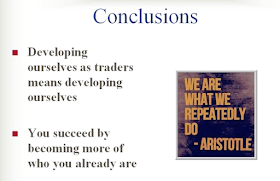Our effectiveness depends on blending our methodology (tactics and techniques) with our psychology (self-management, communication). If that weren't true, the coach with the most drills and plays would rule. But "in the kingdom of the blind, the one-eyed man is king."
Deliberate practice demands feedback on an activity.
Performance activities like trading or shooting a basketball incorporate decisions or actions with results and feedback. There are predictable barriers to overcome.
What works:
Overcontrol (hesitancy) can lead to frustration, missed opportunity (e.g. ignoring or turning down open shots, missed assignment, taking too many pitches)
Undercontrol (impulsivity) leads to abandoning process (e.g. forced shots, 'my turn' shots, frustration fouls, bad gambles on defense, swinging at bad pitches).
Both overcontrol and undercontrol foster poor performance and loss of confidence.
Work on it! Simple (behavioral feedback) control of breathing with or without mental focus (positive imaging) on a relaxation state. This meshes with Amy Cuddy's controversial work on body position and performance, with neurobiological modification of stress hormones (increases testosterone and decreases cortisol).
We can add pressure via competition, defense (e.g. shooting against closeouts), and noise
When we are "in the zone" what is our background state? What gave us our optimal focus...listening to music, meditation, focus on something external?

"What is important is how you trade coach play becomes an extension of who you are."
"Turn best practices into best processes."
Ask the question: "What am I doing right and what am I doing that needs improvement?"
If we are wholly focused on results (winning), we are extremely vulnerable to emotion and its consequences (poor decision-making based on anxiety or impulsivity).
Results also depend on leadership. In Extreme Ownership, Navy SEAL Jocko Willink writes, "When the subordinate leaders and the frontline troops fully understand the purpose of the mission, how it ties into strategic goals, and what impact it has, they can then lead, even in the absence of explicit orders." As a player, you need to learn to become your own king or queen.
Leaders on the court have to understand and promote the goals (e.g. quality offensive chances, limiting defensive opportunity, minimizing mistakes) and communicate with teammates constantly to execute at a high level.
Bonus: Shooting Drill
Three integrated pressure elements: Competition, accuracy, time.
Elden Campbell had a pregame routine where he made five consecutive shots from five different spots. Our players aren't at that level of competence.
The drill involves a shooter, rebounder, and time. You have one minute to make two of three shots from each spot. You can start at any spot and rotate in either direction. But you must make two of three to continue or there's a new shooter. The goal is to complete all spots within a minute.







